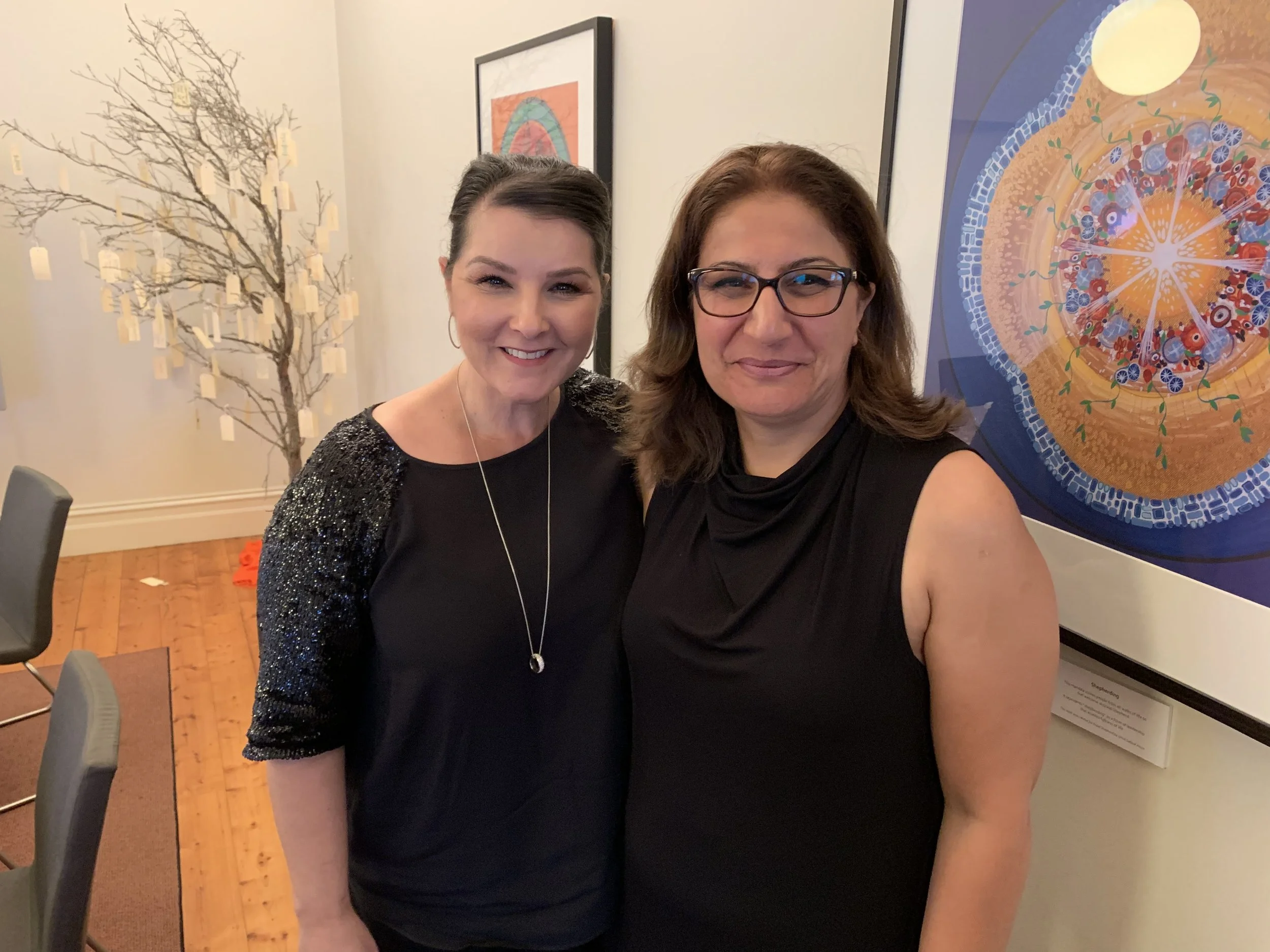This year marked the 75th year of Australia’s Adult Migrant English Program (AMEP). It also saw the release of the largest study in the AMEP’s history to better understand participation in the program, and the AMEP’s broader impact on employment and welfare outcomes. Associate Professor Francis Mitrou and Dr Ha Nguyen from Telethon Kids Institute (@telethonkids) and Life Course Centre (@lifecourseAust) outline some of the key findings.
Read MoreThe Fair Work Commission has stipulated that all employees are entitled to up to 5 unpaid family violence leave days per year. This is a critically important step that increases both the safety and the financial security of victim/survivors. However, effectively communicating those policies, particularly to a diverse work force, can be challenging. In today’s post, Hannan Amin of Good Shepherd Australia New Zealand (@GoodAdvocacy) provides important guidelines for ensuring employees can understand their leave entitlements when experiencing family violence. This analysis was originally published by the Community Services Industry Alliance and can be read in its original form here.
Read MoreCommunities of colour have campaigned and organised our way out of becoming an election wedge. Marcella Brassett from Democracy in Colour explains how community organising has built the power and network of people of colour in Australia to self determine their own issues and solutions, to ensure racist vilification is not at the centre of election campaigning as it has been in the past.
Read MoreAs the number of COVID-19 cases continue to fall in Victoria, it is time to think deeply about what recovery looks like. In today’s analysis, Adele Murdolo (@AdeleMurdolo) of the Multi-Cultural Centre for Women’s Health (@MCWH1978) argue that the people most impacted by COVID-19, such as migrant and refugee women, should be integrally involved in the decision making about what happens next. This analysis has been adapted from a Pre-Budget submission to the Victorian government produced by the Multicultural Centre for Women’s Health.
Read MoreThe phrase ‘complex forms of violence’ has been used to sequester certain types of violence to be addressed in a bespoke fashion. In today’s analysis, Laura Vidal (@lauraemilyvidal) of Good Shepherd Australia New Zealand (@GoodAdvocacy) and Sana Ashraf of The Harmony Alliance (@aus_harmony) consider the unintended consequences of framing certain forms of violence as complex by providing a background to diverse experiences of violence for women and their children. This post is the third in a series in response to the Senate Inquiry into Family, Domestic and Sexual Violence. Part one argues for the need for a multi-disciplinary response to family violence, while Part two explains how financial independence is critical to ensuring women’s safety.
Read MorePost-Christchurch, our leaders must reinvigorate their responses to radicalisation in our communities. Deb Cleland and Valerie Braithwaite (ANU) introduce the RAMP framework for behaviour change to help understand community organisations’ responses to radicalisation. The RAMP framework suggests that behaviour change can be facilitated by: Rewards, Awareness, Motivation and Pathways.
Read MoreThroughout the month of February, Good Shepherd Australia New Zealand hosted Farwha Nielsen, a Danish cross-cultural dialogue and mediation specialist, in a series of events which explored an innovative model of family work to support individuals impacted by forced marriage. Here Laura Vidal (@lauraemilyvidal) of Good Shepherd Australia New Zealand discusses how the model could fill gaps in Australia’s current criminal response to forced marriage.
Read MoreRecently the Inquiry into The Practice of Dowry and the Incidence of Dowry Abuse in Australia published its final report. While forms of dowry are practiced in many countries and cultural contexts, it is unknown how wide-spread the practice is within Australia. Of particular concern is the ways that it can intersect with domestic and family violence, and with economic abuse in particular. In today’s post, Marie Segrave (@MSegrave) of Monash University and Laura Vidal (@LauraEmilyVidal) of Good Shepherd Australia New Zealand and Monash University provide context for an effective response.
Read MoreResearch on marginalised communities has a history of being weaponised against those very communities, marginalising them even further. This weaponisation, and the fear of it, can silence discussion on important social issues. Here, Sandra Elhelw Wright reflects on how this plays out in the context of research on domestic violence in Australian Muslim communities.
Read MoreAustralia has many documented barriers to achieving gender parity in the workplace, and while a statistical overview of the pay and superannuation gap, differences in part-time and full-time positions held, and/or the percent of women in senior management or board positions is a good dashboard indicator, the most revealing view is to examine how things sit for women who face multiple barriers to achieving workplace equity. In today’s importance analysis, Catherine Hemingway[1] (@cathehemingway) of WEstjustice (@WesternCLC) shares findings from her Not Just Work report, which explores the high levels of discriminatory actions that recently-arrived women experience in their work places.
Read More











